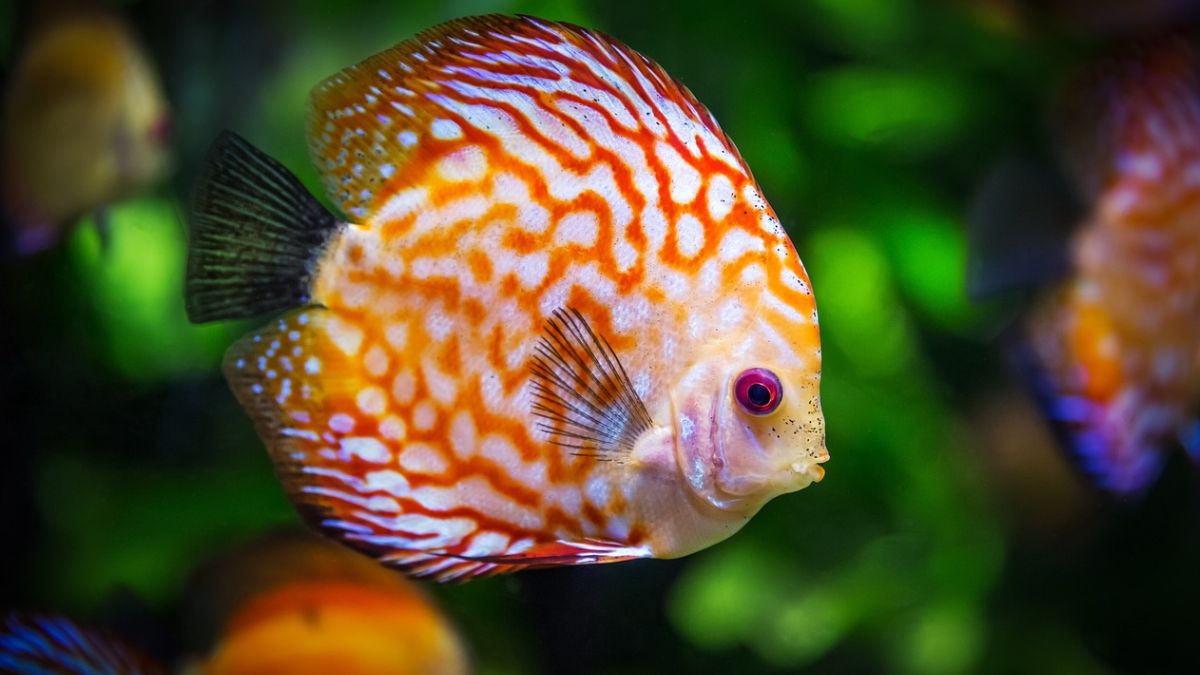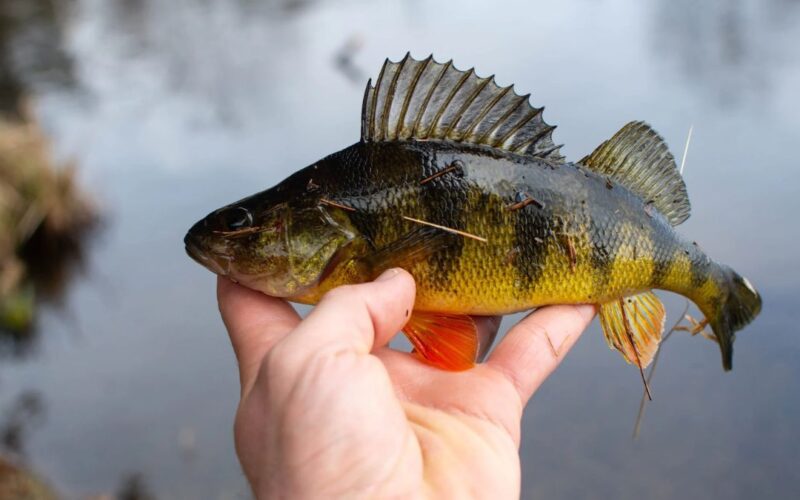Fish are a diverse group of aquatic animals that inhabit oceans, rivers, lakes, and streams around the world. As a vital component of marine ecosystems and a crucial food source for humans, fish play a significant role in the health of our planet and global food security. In this article, we explore the top 10 fascinating facts about fish, shedding light on their incredible diversity, unique adaptations, and importance in both natural and human environments.
Astounding Diversity
Fish comprise a staggering array of species, with over 34,000 known varieties identified to date. From tiny minnows to massive whale sharks, fish exhibit an astonishing range of sizes, shapes, colors, and behaviors, showcasing the diversity of life in aquatic environments.
Ancient Origins
Fish are among the oldest vertebrate groups on Earth, with fossil records indicating their presence over 500 million years ago during the Paleozoic Era. Their evolutionary history is intertwined with the development of marine ecosystems, making them integral components of Earth’s biological heritage.
Varied Habitats
Fish inhabit a wide range of aquatic habitats, including oceans, freshwater rivers, lakes, ponds, and even brackish estuaries. Each habitat presents unique challenges and opportunities for fish survival, leading to diverse adaptations and specialized behaviors among different species.

Economic Importance
Fisheries and aquaculture form the backbone of many coastal communities’ economies worldwide, providing livelihoods for millions of people and supplying essential protein and nutrients to billions. Commercial fishing operations target a wide range of fish species for human consumption, while aquaculture facilities cultivate fish in controlled environments to meet growing demand.
Remarkable Adaptations
Fish have evolved a multitude of adaptations to thrive in their respective environments. These adaptations include specialized fins and body shapes for efficient swimming, camouflage and coloration for predator avoidance or hunting, and sensory organs such as lateral lines and electroreceptors for navigation and communication.
Vital Ecosystem Services
Fish play crucial roles in maintaining the balance of aquatic ecosystems. They help control populations of prey species, contribute to nutrient cycling through their excretion and feeding habits, and serve as indicators of environmental health and water quality.
Conservation Challenges
Despite their importance, many fish species face threats from habitat destruction, overfishing, pollution, and climate change. Unsustainable fishing practices, such as bottom trawling and bycatch, can deplete fish populations and disrupt marine ecosystems, highlighting the need for responsible fisheries management and conservation efforts.

Record-Breaking Fish
Some fish species hold impressive records in terms of size, longevity, and behavior. The whale shark, the largest fish species, can reach lengths of over 40 feet and weigh up to 20 tons. The coelacanth, a prehistoric fish thought to be extinct, was rediscovered in the 20th century and remains a fascinating subject of study for scientists.
Fish Communication
Fish exhibit a variety of communication behaviors, including visual displays, vocalizations, and chemical signaling. These communication methods are used for mating, territory defense, predator avoidance, and social interactions within fish populations.
Cultural Significance
Fish hold cultural significance in many societies around the world, often symbolizing abundance, prosperity, and fertility. They feature prominently in art, literature, mythology, and religious beliefs, reflecting humanity’s deep connection to the natural world and its inhabitants.
From their astonishing diversity and ancient origins to their vital ecological roles and cultural significance, fish are truly remarkable creatures that captivate the imagination and inspire awe. As stewards of our planet’s aquatic ecosystems, it is imperative that we strive to protect and conserve fish populations for future generations to enjoy and appreciate. By understanding and valuing these fascinating aquatic beings, we can ensure their continued existence and contribute to the health and sustainability of our planet’s oceans and freshwater habitats.










